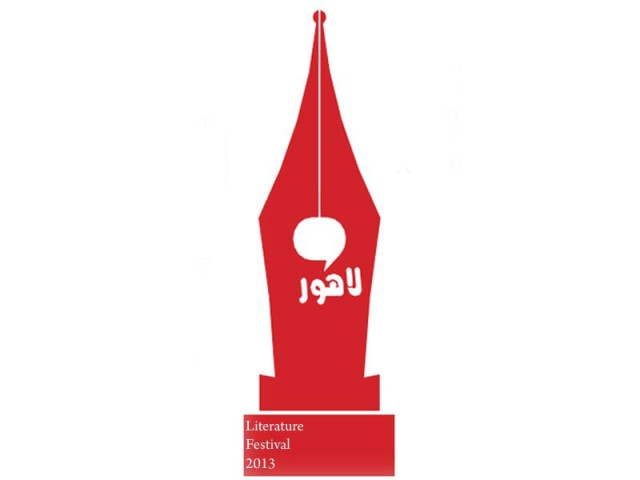Experts retrace Punjabi’s journey through history
The sufi teachings were refined and had a greater appeal for the natives,” he said.

Punjab scholars Mushtaq Sufi, Qazi Javed and Riaz Ahmad Shad addressed the session titled: Punjab Da Husn-i-Adab.
Punjab scholars Mushtaq Sufi, Qazi Javed and Riaz Ahmad Shad addressed the session titled: Punjab Da Husn-i-Adab.
Javed said sufi poetry was the real representative of Punjab’s cultural, intellectual and social discourse. “The sufi ideas were brought to the Punjab by individuals from Iran, Iraq and Afghanistan in the beginning of 11th century. Rigveda, also written in the region, had similar teachings. Those ideas were, however, crude. The sufi teachings were refined and had a greater appeal for the natives,” he said.
“The most important sufi teaching is Wahdatal Wajood (unity of existence). It calls for observing unity in diversity. It became especially popular in Punjabi,” he said.
“Punjabi’s first sufi poet, Baba Farid, influenced Sindhi, Siraeki and Urdu poets as well,” he said.
Sufi said that an account of Punjabi sufi poetry would remain incomplete without mentioning Baba Guru Nanak. “His work influenced all types of poetry that flourished later,” he said.
Sufi said Punjabi folk tales dealt with social and temporal issues rather than spiritual ones broached by sufi poets.
“The first folk tale was written by a Punjabi ascetic, Puran Bhagat. The first Heer was written by Damudar Das. Inspired by his work, Waris Shah wrote the more famous Heer,” he said.
“Waris Shah’s Heer depicts the social issues that women and men of his time were confronted with. There is a fragile and feminist side to Ranjha and a strong and bold side to Heer. Waris Shah suggested that men have some qualities associated with women and the women too should adopt some of the masculine traits for survival,” he said.
“By telling us that Heer would heed Panj Pir as well as Bhagats, Waris Shah wanted to say that Punjab needed to remain secular,” Sufi said.
Shad said Punjabi language owed a great debt to Sikh gurus who had preserved the Punjabi poetry in general and war poetry in particular. “Nadir Shah di Vaar (epic poetry) by Najabat and Sikhan di Vaar by Shah Muhammad suggest that people should refrain from fighting and remain united. Otherwise, foreign enemies will overcome them,” he said.



















COMMENTS
Comments are moderated and generally will be posted if they are on-topic and not abusive.
For more information, please see our Comments FAQ